
Future Threads 1: Pioneering Assistive Fabrics for Movement, Training, and Performance
Future Threads 1: Pioneering Assistive Fabrics for Movement, Training, and Performance
This first in a series of three webinars explores grand challenges for assistive fabric-based wearables across domains of movement assistance, training, worker safety, sports, and space exploration. Thought leaders and stakeholders explore the potential for advanced textiles and fabrics to revolutionize wearables through a series of short presentations and moderated panel discussions.
This first webinar will focus on Rehabilitation and Physical Assistance.
Organized by: Michigan State University, Stanford University, Rice University, University of Nevada, Las Vegas, and Northwestern University
View a recording of this webinar on YouTube.
Moderator
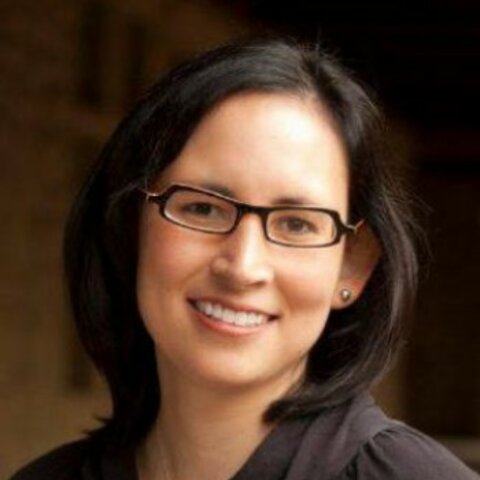
Allison Okamura
Richard W. Weiland Professor in the School of Engineering and Professor of Mechanical Engineering, Stanford University
Panelists
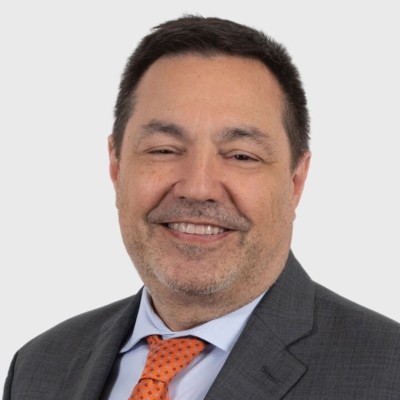
Paolo Bonato
Paolo Bonato serves as Director of the Motion Analysis Laboratory at Spaulding Rehabilitation Hospital, Boston MA. He is an Associate Professor in the Department of Physical Medicine and Rehabilitation, Harvard Medical School, and an Adjunct Professor of Biomedical Engineering at the MGH Institute of Health Professions, Harvard Medical School. He has extensive experience in rehabilitation technology with special emphasis on wearable technology and robotics.
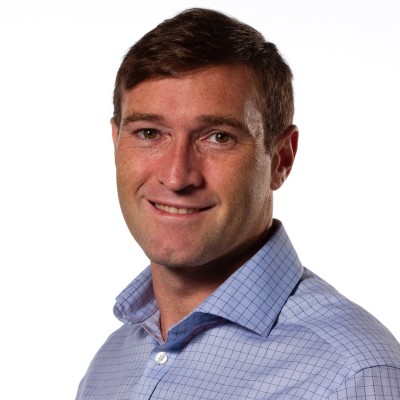
R. James Cotton
James Cotton, MD, PhD, is an electrical engineer, neuroscientist and physiatrist at the Regenstein Foundation Center for Bionic Medicine, Shirley Ryan Ability Lab in Chicago, and he is an Assistant Professor in the Northwestern University Department of Physical Medicine and Rehabilitation (PM&R). James’s lab works at the intersection of artificial intelligence, wearable sensors, computer vision, causal and biomechanical modeling, and novel technologies to more precisely monitor and improve rehabilitation outcomes. In particular, his team focuses on methods that can be easily translated and disseminated at scale into the clinic or real world.

David Reinkensmeyer
David Reinkensmeyer is a professor at University of California, Irvine with appointments in Mechanical and Aerospace Engineering, Anatomy and Neurobiology, Biomedical Engineering, and Physical Medicine and Rehabilitation. David’s research activities focus on movement control, neuro-rehabilitation and robotics. One of his group's objectives is to develop physically interacting, mechatronic devices ("rehabilitators") to help the nervous system recover movement ability after neurologic injuries such as stroke or spinal cord injury. His group also is working to understand the adaptive control processes that enable motor learning throughout the lifespan.
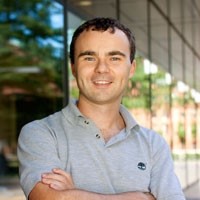
Conor Walsh
Conor Walsh is the Paul A. Maeder Professor of Engineering and Applied Sciences at the John A. Paulson Harvard School of Engineering and Applied Sciences, an Associate Faculty Member at the Wyss Institute for Biologically Inspired Engineering and an Adjunct Associate Professor in the Department of Physical Therapy & Athletic Training at Boston University. His lab brings together researchers from the engineering, industrial design, apparel, biomechanics, physical therapy and business communities to develop and translate new disruptive robotic technologies for augmenting and restoring human performance.
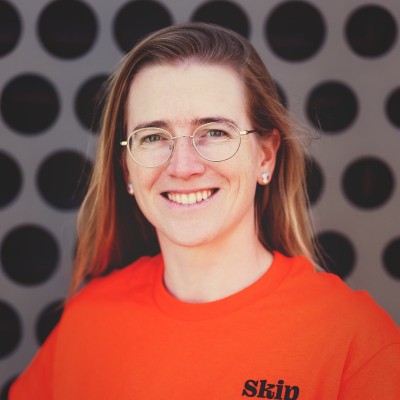
Kathryn Zealand
Kathryn Zealand is the Founder and CEO of Skip, the first “e-bike for walking”: an ultralight exoskeleton that could be a beautiful, intuitive and transformative product to help a billion people be more active and healthy. Kathryn has a background in theoretical physics, invented numerous patents and previously led the early-stage projects at Google X, before developing the underlying tech for what eventually spin out into the startup Skip.